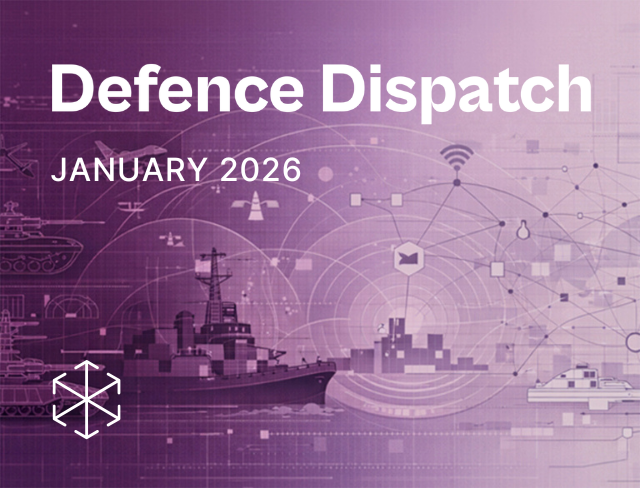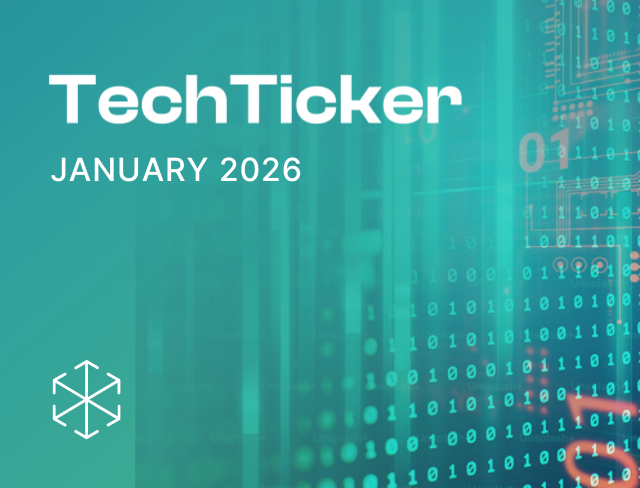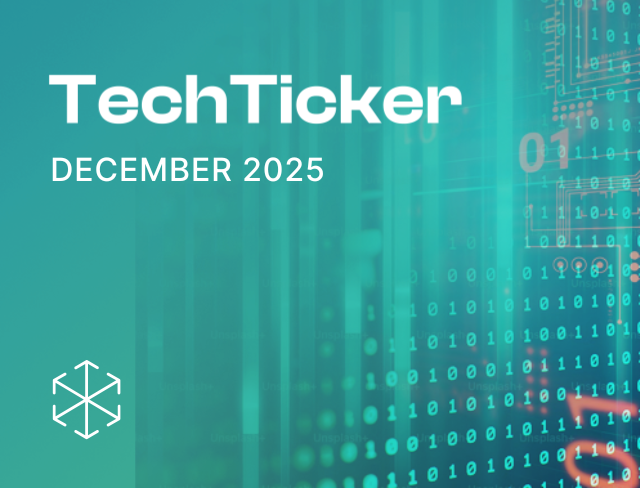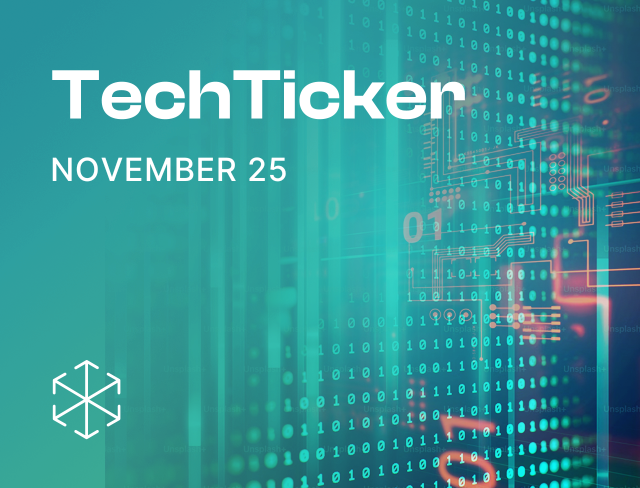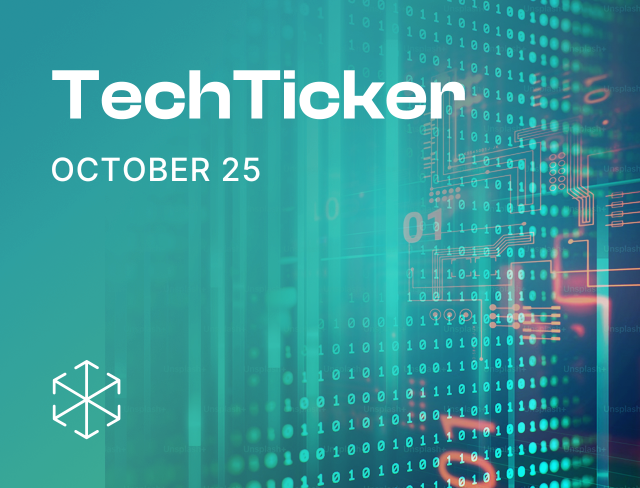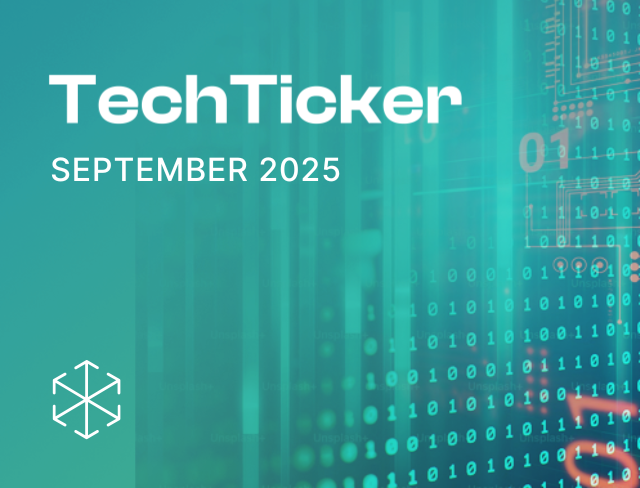- New data law and drugs law to be tabled in 2023 Monsoon Session of Parliament: The Parliament of India may pass the Digital Personal Data Protection Bill 2023 and Drugs Medical Devices and Cosmetics Bill 2023. The drugs bill is set to repeal the current Drugs and Cosmetics Act 1940. Earlier reports suggest that the bill will regulate the online sale of medicines. And give the central government powers to ensure quality of drugs and medical devices manufactured in India. The data bill will impact how personal health data is collected, used, stored, and shared.
- Department of Pharmaceuticals releases strategy document for medical devices: The strategy was released to implement the National Medical Devices Policy 2023 (May 2023). It suggests one window to get all licenses for activities related to medical devices, helping innovators understand relevant regulations, alignment with Indian data laws, creation of a uniform code for marketing of medical devices, and government designated ‘Centres of Excellence’, to encourage research, product development, and validation of products, which focus on AI, IoT, robotics, nanotechnology, telemedicine.
- Regulatory compliance for all classes of medical devices from 1 October 2023: The Drugs Controller General of India (DGCI), Rajeev Singh Raghuvanshi, indicated that the Medical Devices Rules 2017 (MDR 2017), will apply to class C (moderate high risk medical devices like certain cardiac stents) and D (high risk devices like cochlear implants) medical devices from 1 October 2023. The MDR 2017 already applies to class A (low risk medical devices like surgical dressings), and class B (low moderate risk medical devices like disposable insulin needles) medical devices.
- Government reportedly looking to revamp India’s drugs law to enhance ease of doing business: According to Raghuvanshi, the Central Drug Standards Control Organisation, India’s drugs (and medical devices) regulator, plans to “rationalise” the Drugs and Cosmetics Act 1940 to keep pace with global industry advancements. For this, the CDSCO is looking to onboard global consultants.
- Government reportedly considering allowing bigger hospitals to import medical devices directly: The Ministry of Health and Family Welfare is reportedly considering allowing bigger hospitals like AIIMS, PGIMER Chandigarh, Medanta, and the Directorate General of Armed Forces Medical Services Armed Forces, to import medical devices directly from manufacturers. Per the minutes of meeting of the recent Drugs Technical Advisory Board, such hospitals are importing directly from the manufacturers, when the MDR 2017 has no explicit provision to allow the direct import by hospitals. The board recommended that the ministry consult with relevant stakeholders before arriving at a decision on allowing direct import by hospitals.
Digital health roundup
- National Health Authority proposes master’s degree in digital health: Dr. Basant Garg, the National Health Authority’s Chief Executive Officer has reportedly written to the Chairman of the National Medical Commission, proposing an MSc programme in digital health. Garg cites the need for a skilled workforce to improve the link health and technology. And suggests providing training in soft-skills, and biomedical and social media research through the MSc programme.
- Jammu and Kashmir launches India’s first chatbot for 24x7 mental health under central government’s Tele-MANAS: The Lieutenant General of Jammu and Kashmir has launched a chatbot to provide 24x7 access to clinical psychologists and counsellors in the union territory as part of the central government’s National Tele-Mental Health Assistance and Network across States (Tele-MANAS). This is India’s first government provided chat-bot service for mental health.
- Karnataka to get an INR 8 crore healthtech lab for government healthtech initiatives: The Health Technology Innovation Laboratory will be the first point of contact to identify, evaluate, launch, provide training, and support the use of digital tools for healthcare delivery in government facilities. The lab will also coordinate with the e-governance team to assess gaps in the healthcare delivery needs.
- E-prescriptions launched in West Bengal’s government hospitals and medical colleges: West Bengal launched the use of e-prescriptions from 1 July 2023 in all government facilities. And has told all such facilities to install the necessary IT systems, for using e-prescriptions and managing patient health records. This will reportedly facilitate using generic drugs and sharing patient records.
Public health roundup
- Rajasthan sets up committee to implement recently enacted Right to Health Act 2022: The Chief Minister of Rajasthan, Ashok Gehlot, has set up and tasked a high-level committee with framing rules to implement the law. The committee will provide recommendations to the state after consultations with stakeholders. The Right to Health Act 2022 (passed in March 2023) guarantees persons in Rajasthan the right to health.
International roundup
- First drug made using generative AI administered to patients: Insilico Medicine, a Hong Kong based company, administered the first dose a generative AI-made drug to a patient. Generative AI helped identify molecules that the drug could target and predict outcome of clinical trials, at roughly 1/10th of the cost and 1/3rd of the time.
Author credits: This newsletter is brought to you by our health-tech team.
Image credits: Ikigai Designs

